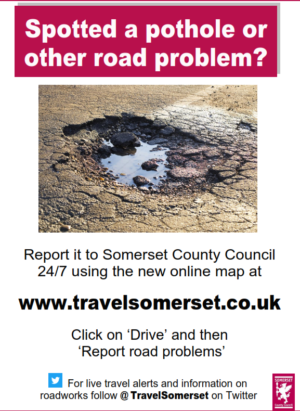Fly Tipping
To help fight fly-tipping, the advice is simple:
- Never fly-tip yourself
- Check that anyone taking waste away for you has the right licence and ask them where the waste will go
- Never pay cash
- Always get a proper receipt and a copy of the “waste transfer note”
- Record names, contact details and information about vehicles
- Take particular care in using social media to get waste removed
If you know about those who fly-tip, inform your district council immediately.
If you see fly-tipping take no risks. Do not touch anything fly-tipped or approach fly-tippers, but when it is safe, please contact your local council customer services at the district council with any details.
This can include:
- the amount fly-tipped
- possible contents from a visual check only
- the location
- time and date
- whether it is in or near water
- information about those who may be responsible, such as vehicle type, colour and registration number
You can report fly-tipping anonymously, but your evidence could be vital to ensure a fly-tipper is caught and convicted, so that levels of fly-tipping are reduced. Just knowing that someone is prepared to give evidence may convince an offender to admit their guilt.
There is no excuse for fly-tipping
All homes receive regular recycling and waste collections and have access to bulky waste services and a network of recycling sites throughout the county. There are also many options to allow waste to be reused and other alternatives for bulky waste collections.
All businesses are responsible for making their own arrangements to recycle or dispose of their waste and there are many companies providing these services, while 10 recycling sites accept paid-for rubbish and recycling.
So, there is no excuse for fly-tipping, especially when it then has to be cleared up at significant cost to tax-payers or others.
If you have found:
- Waste near or in a watercourse
- More than 5m3 of fibrous asbestos
- More than 75 litres of potentially hazardous waste in drums or containers
- More than 20 tonnes of waste
Contact the Environment Agency.






